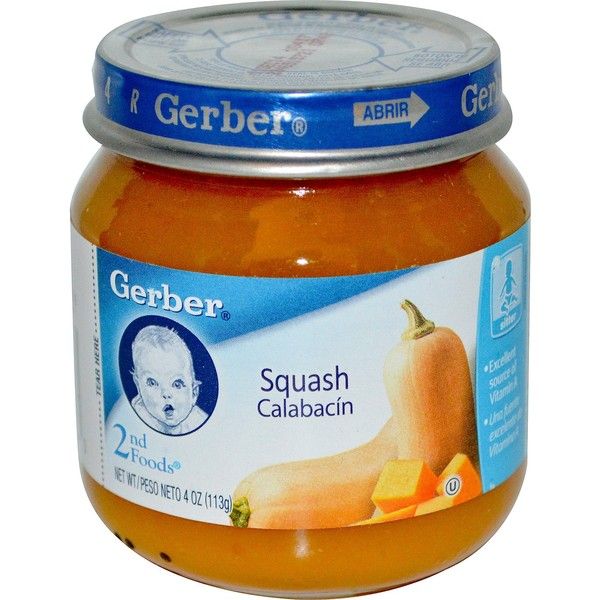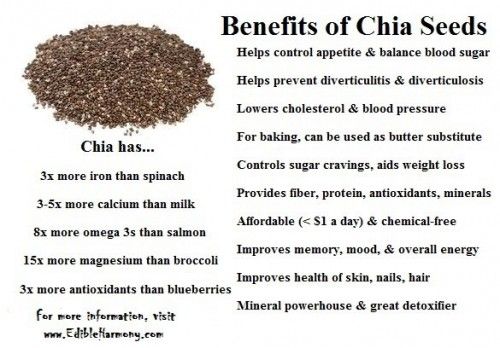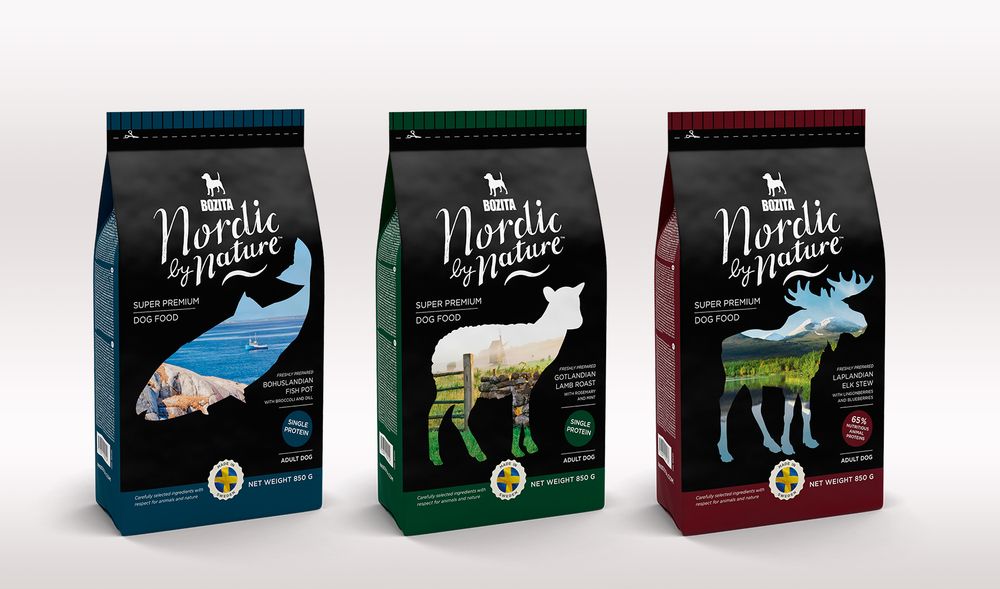Weight gaining food for 9 months baby
The Best Foods for Your Baby to Gain Weight
It’s hard to imagine that your little one could be any cuter — but you might be wondering whether they’re growing as fast as they should.
If you’re worried that your baby might weigh too little, bear in mind that newborns normally lose 3–7% (and up to 10%) of their birth weight in their first few days of life, which they regain by about the end of their second week (1, 2, 3).
Until they reach the 6-month mark, infants should gain about 1 pound (0.45 kg) or more each month. They should weigh about triple their birth weight around the end of their first year (1, 2, 3).
Keep in mind that these numbers are averages, and a healthy baby may have different weight gain numbers depending on their birth weight, rate of linear growth, and other factors.
You can ask your baby’s pediatrician about weight gain at any time, such as at their well-baby exam.
If you and your healthcare practitioner have ruled out medical reasons for your baby’s slow weight gain, such as heart or digestive issues, consider feeding them calorie-dense whole foods. These may encourage healthy weight gain (4).
Here are the 7 of the best foods to help your baby gain weight. We’ve grouped them below by age group.
A baby under 6 months that’s putting on less weight than average can be troubling. Since all or most of their calories at this point come from breastmilk, formula, or both, what you can control right now is how often they feed and whether they’re getting enough (4).
1. Breastmilk or infant formula — often and enough
Breastfed newborns will feed every 2–3 hours, so account for 8–12 or more feedings per day for the first 4 months.
Be sure to let your infant fully empty your breast. One reason this is recommended is because hindmilk, which comes out last during a feeding, may be richer than foremilk, which comes out first.
Let your baby feed fully, until your breast feels very soft. This will ensure they’re getting all the milk available, and it sends your body a message to make more.
You can try consuming foods that are thought to increase breastmilk production. These include lactation teas or bars with fenugreek, blessed thistle, or fennel. Oatmeal and dark beer may also help. Still, more research on these solutions is needed (5).
These include lactation teas or bars with fenugreek, blessed thistle, or fennel. Oatmeal and dark beer may also help. Still, more research on these solutions is needed (5).
Additionally, avoid wearing tight-fitting bras or tops.
Until your baby begins solid foods, they will not need to drink water. Offer them breastmilk or formula instead to maximize the number of calories you’re getting into their tiny tummies.
Your doctor may also ask about any latching issues and investigate any underlying medical issues that may affect your baby’s nutrient absorption or metabolism at this age.
Speak with a pediatrician for guidance if you’re considering whether to supplement breastfeeding with formula or wondering which formula to choose.
These choices are complicated and depend on many personal factors, and a doctor can help you make informed decisions. You may also consider talking with a lactation consultant.
Most babies will start to show readiness to eat solid foods around the 6-month mark.
Speak with your healthcare professional about when to start your baby on complementary solid foods.
2. Avocado
Whether you’re taking a baby-led weaning approach, a more traditional puréed foods style, or a combination of the two — avocado is a great transitional food for babies starting on solids.
What’s more, avocado’s healthy fats and relatively mild taste make this a great food for when you’re trying to get your baby to gain weight (6, 7).
Mash it up or serve it in thick spears. You can also add it to other foods, such as rice cereal or another fruit.
It’s a good idea to introduce new foods one at a time. This way, if your child has any sort of allergic reaction, you have a better sense of what might have caused it.
3. Oatmeal
Oatmeal cereal is another wonderfully rich food that’s easy to add to your baby’s diet.
To make it, blend plain oats cooked in water, adding water as needed to achieve a soupy texture. To make it heartier, cook and thin out the oatmeal with formula or breastmilk instead.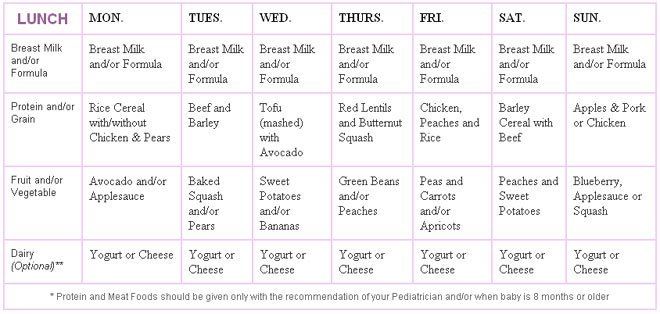 Gradually thicken it as your baby gets more comfortable.
Gradually thicken it as your baby gets more comfortable.
Oatmeal packs lots of fiber, including beta glucan, which is one form of soluble dietary fiber. It promotes the growth of your baby’s beneficial gut bacteria and may encourage bacterial diversity in the gut (8).
What’s more, oatmeal is fairly neutral in taste, which makes it easy to combine with other hearty, healthy foods. For instance, you can spoon in puréed fruit and cinnamon for more flavor.
Avoid honey
Be sure to never feed a baby under 1-year-old honey, as doing so can put them at risk of botulism and pose a choking hazard (9).
4. Peanut butter
Peanut butter packs protein and fats — both of which can encourage weight gain in your baby.
Keep in mind that peanuts are one of the 8 allergens that can cause the most serious allergic reactions in the United States (10).
The latest evidence supports feeding infants as young as 6 months foods that commonly cause allergies. This includes peanuts.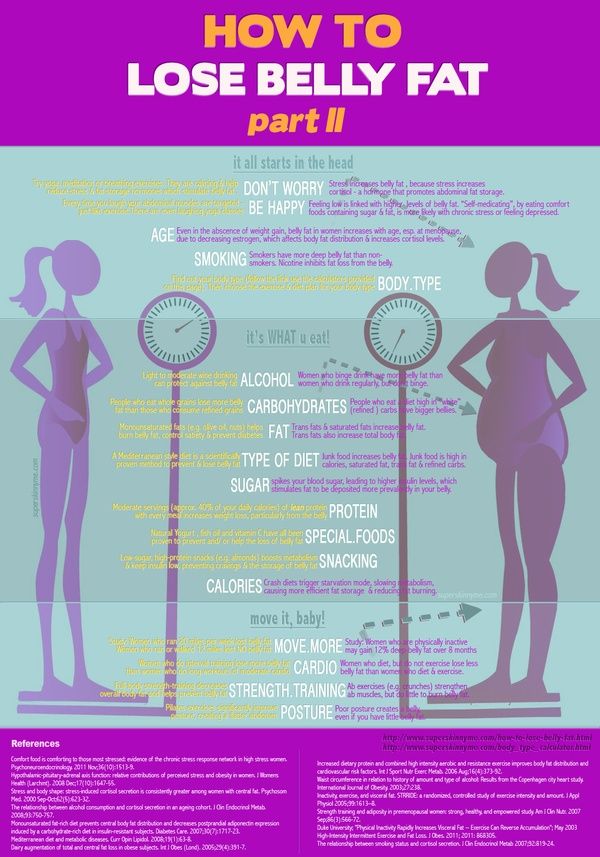 Research suggests this approach may actually help prevent allergies from developing (11, 12).
Research suggests this approach may actually help prevent allergies from developing (11, 12).
You’ll want to introduce allergenic foods methodically, always one at a time and introducing new, higher-risk foods at least a week apart.
It’s important to feed these to your baby on a regular basis — always watching for signs of allergies, including hives, redness around the mouth, or wheezing. If this occurs, seek medical help immediately (11, 12).
Never feed your baby peanut butter straight from the jar, as doing so may pose a choking hazard.
The best way to feed them natural peanut butter, or any other type of nut butter, is to blend them with either warm water, applesauce, breast milk or formula, or — if you’ve already introduced dairy — yogurt.
You can add it to oatmeal for added richness.
If your child is at a higher risk of allergies or has had eczema, speak with a healthcare professional before feeding them any nut butters or higher-risk foods.
They may advise waiting until they’re older and then want to supervise this in their office or suggest an allergy test first (13).
8 most common food allergies
- cow’s milk
- eggs
- fish
- crustacean shellfish, like shrimp
- wheat
- soy
- peanuts
- tree nuts
Learn more about food allergies here.
5. Eggs
Eggs are another powerhouse food that’s great for infants and adults alike. They provide a filling combination of fats and protein. They’re often gentle on the stomach, versatile, and easy to prepare (14,15).
Be mindful because this is another common allergenic food that you’ll want to introduce slowly and methodically. Keep an eye open for an allergic reaction. Seek immediate emergency care if your baby is wheezing or having trouble breathing (11, 12).
Once eggs are a mainstay in your baby’s diet, you could try scrambling them and sprinkling in some cheese and veggies for added nutrients.
You can also use eggs in other dishes. For example, try adding them to rice with cheese and veggies for some quick rice patties, then cut these into strips to serve.
You certainly don’t have to hold off until the 9-month mark to introduce fish, but it might be easier for babies to handle the texture at this age than earlier in life.
6. Fish
Fish delivers protein and healthy fats that are vital to your little one’s growth. Do be mindful to seek out low mercury fish, like salmon, herring, and trout (16).
Furthermore, these and other fish contain brain-nourishing docosahexaenoic acid (DHA), a type of omega-3 fatty acid that’s essential for proper brain development in early childhood (17).
Pair fish with a rich lemon full fat yogurt dip or marinara sauce for added nutrients.
It seems counterintuitive, but when babies hit their 12-month milestone, you may find they’re eating less.
This is because their growth rate slows. In fact, most toddlers will only put on about 5 pounds between their first and second birthday (18).
Of course, they’re still growing and needing lots of nourishment — they are simply not growing quite as rapidly as they were in those first 12 months of life.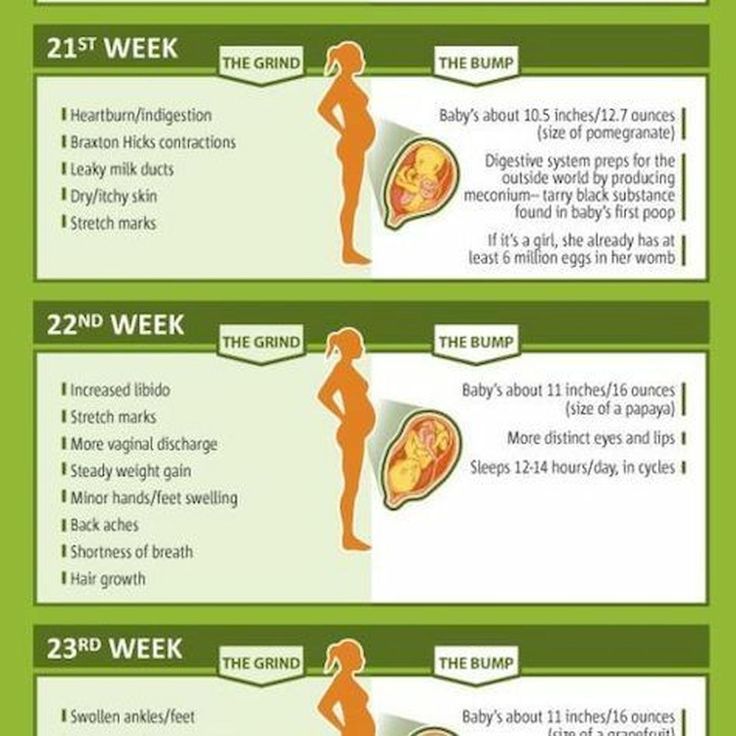
So, don’t be worried if your champion eater suddenly slows down or plateaus at this phase. If they still have the energy to play and seem alert, they’re probably doing just fine.
7. Olive or avocado oils
Your toddler should get a fair amount of healthy fats. In fact, 30–40% of your toddler’s calories should come from fats (19).
They need roughly 1,000-1400 calories each day at this age, so that translates to about 30–50 grams of fat per day (19).
If your toddler needs a bit more support, consider adding a splash of olive oil or avocado oil to their food, about 1/4–1/2 tablespoon (4–7 mL) to start. You can add it into a bowl of soup or hummus or sop some whole grain bread into it.
Take care not to feed your baby too much oil, as doing so could cause gastric upset or diarrhea.
If your baby has energy to play and is tracking along with developmental milestones, they’re probably growing just fine.
Unless a healthcare professional has identified an issue with your baby’s weight, you probably don’t need to worry.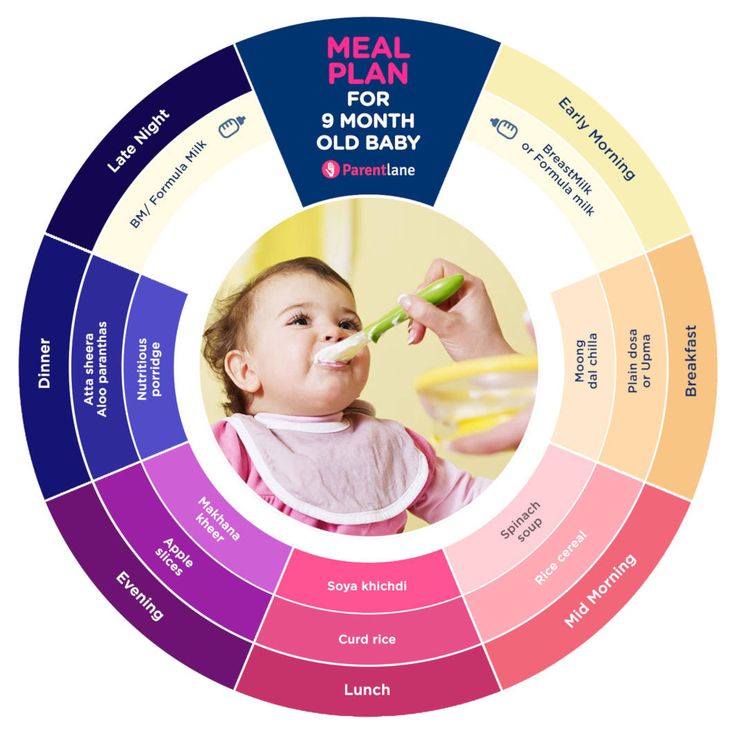
Keep in mind that babies born prematurely and those with special health needs may not track along with general growth charts.
That said, parental instinct is real. Always voice any concerns with your child’s healthcare professional. Take note of what exactly you observe that troubles you, in as much detail as possible.
For example, you could record the times, dates, and amounts and types of food your child has eaten.
If your baby seems lethargic, is refusing to feed, or isn’t meeting developmental milestones, you should make an appointment to speak with a healthcare professional, such as a pediatrician.
In addition to a medical evaluation, they may refer you to another specialist, lactation consultant, occupational therapist, or dietitian.
Your little one’s early nutrition can have lifelong impacts. Making sure they’re getting enough to eat — and growing enough — is a concern for many parents.
If your child is not tracking along or suddenly not feeding as well as they used to, speak with a healthcare professional to rule out any underlying causes.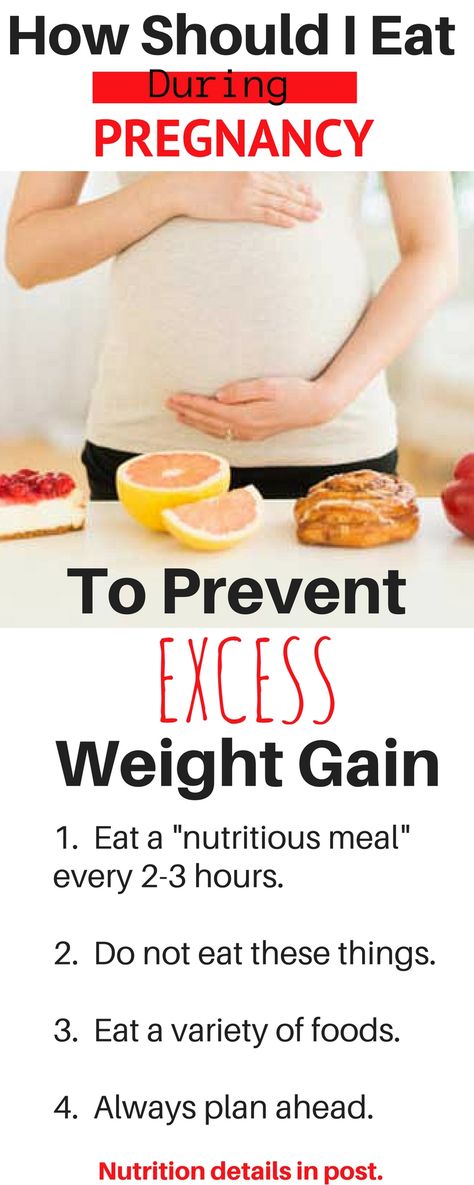 Do keep in mind that babies’ food intake normally slows at around the 12-month mark.
Do keep in mind that babies’ food intake normally slows at around the 12-month mark.
There are many wonderful, nourishing foods to help support your baby’s growth — including eggs, avocados, and peanut butter.
If they’re younger, or under 6 months, try to provide enough opportunities for them to breastfeed or drink enough formula according to their hunger cues.
All that said, if your little one seems alert, is meeting the developmental milestones for their age, and has enough energy to play, they’re probably getting enough to eat.
Just one thing
Try this today: The article 21 Homemade Baby Food Recipes is a great resource with tips on how to make a variety of tasty, nutritious meals for your baby once they start eating solid foods.
20 Super Healthy Weight Gain Foods for Babies and Kids
One of the most important bonding sessions between babies and mothers is during feeding. Not only when breastfeeding, although that’s obvious, it’s also when feeding baby solids. And this beautiful journey of introducing new foods to baby needs to be enjoyed by both mother and baby. Unfortunately, the joy often gets marred by a big challenge – why is my baby not gaining weight? and the search for healthy weight gain foods for babies begins 😅
And this beautiful journey of introducing new foods to baby needs to be enjoyed by both mother and baby. Unfortunately, the joy often gets marred by a big challenge – why is my baby not gaining weight? and the search for healthy weight gain foods for babies begins 😅
Is your baby really underweight?
Weight gain according to Age
If your Child is Really Underweight
General Tips for Introducing healthy weight gain foods for babies
20 Healthy Weight Gain Foods for Babies & Kids
1. Breast Milk
How to increase baby weight with Traditional Indian Baby Foods ?
2. Ragi
3. Health Mixes
4. Kerala Banana
5. Pear
6. Banana
7. Avocado
8. Peas
9. Potato
10. Sweet Potatoes
11. Dry Fruits
12. Cow’s Milk (after 1 year)
13. Ghee
14. Paneer
15. Healthy Oils
16. Health Drinks
17.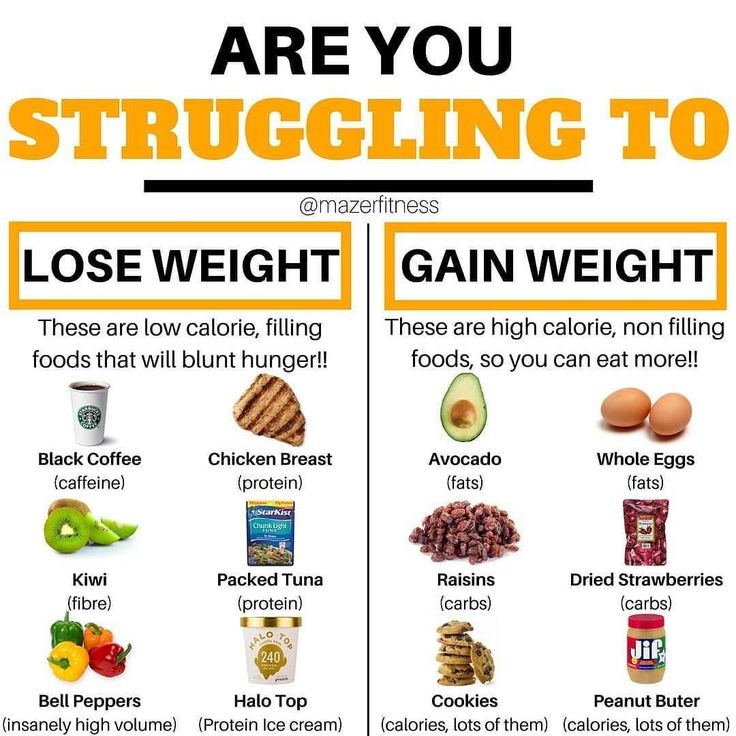 Eggs
Eggs
18. Lean Meats
19. Whole Grains
20. Oats
A One Stop Solution for Healthy Weight Gain Recipes for Babies
Common FAQs on Healthy Weight Gain for Babies
Which food is best for baby weight gain?
How can I increase my baby’s weight?
What foods help a child gain weight?
Does PediaSure gain weight?
Which syrup is best for weight gain in babies?
References:
Download the Energy Boosting Tips for Kids FREE!!
Buy Healthy Nutritious Baby, Toddler food made by our own Doctor Mom !
After getting the hang of breastfeeding, weight gain in babies is one of the biggest challenges faced by new Moms, and this problem can extend well into toddlerhood and even into the school years. It could be that the baby’s weight does not meet the mother’s self-made expectations of how much her baby should weigh.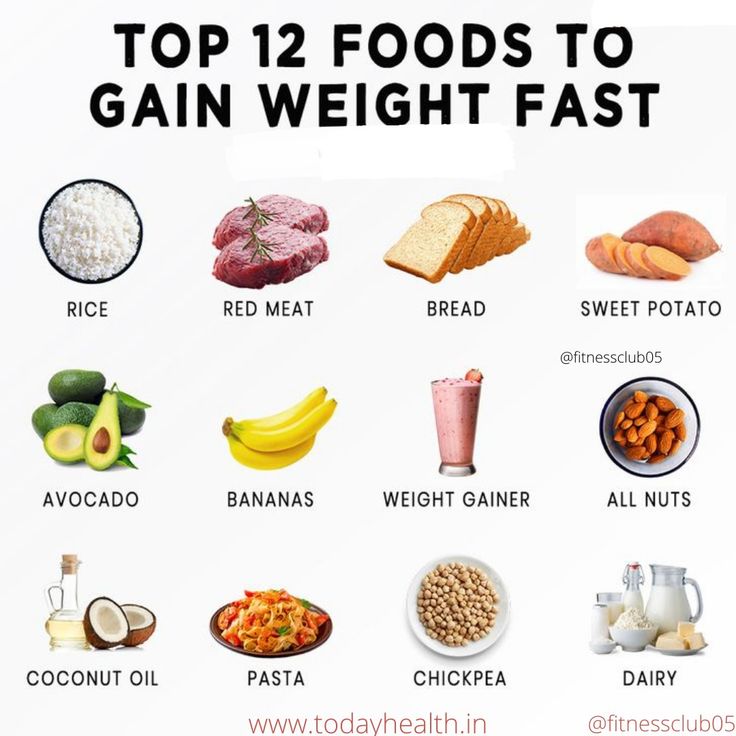 Or it could be because of pressure from relatives and friends who continue to voice their opinions on the baby’s weight. Or it could be a genuine concern, brought to light by the baby’s doctor or a simple weigh-in. And many simply ask us how to make baby gain weight fast or help baby gain weight faster ?
Or it could be because of pressure from relatives and friends who continue to voice their opinions on the baby’s weight. Or it could be a genuine concern, brought to light by the baby’s doctor or a simple weigh-in. And many simply ask us how to make baby gain weight fast or help baby gain weight faster ?
Is your baby really underweight?
As a medical professional, my advice to all Moms is just this – ” Look at the Baby, Not the scales “. Many Moms whose babies look healthy, feed well and reach all their milestones properly still unnecessarily worry about their baby’s weight. In most cases, the perceived lack of weight gain is usually purely superfluous, and nothing of any concern. Rather than stressing about a daily or weekly weight gain, it makes more sense to look at the broader picture.
The child’s weight should be considered across months, and a slight drop from one month to the next does not require any attention. Besides, the baby’s weight also depends upon the genetic constitution of the parents. Children’s weight is usually measured within a range, and not as a hard and fast number. You can check our standard height and weight charts for babies to know how your little one is doing. Here is a simple chart from the Textbook of Pediatrics by OP Ghai, that show the estimated weight gain for children according to their age.
Children’s weight is usually measured within a range, and not as a hard and fast number. You can check our standard height and weight charts for babies to know how your little one is doing. Here is a simple chart from the Textbook of Pediatrics by OP Ghai, that show the estimated weight gain for children according to their age.
Weight gain according to Age
- Gain of 175 to 210 g per week from birth to three months
- Double the birth weight by 5 months
- Gain of about 400 g of weight every month till one year
- Triple the birth weight by 1 year
- 4 times the birth weight by 2 years
- 5 times the birth weight by 3 years
- 6 times the birth weight by 5 years
- 7 times the birth weight by 7 years
- 10 times the birth weight by 10 years
On average, a child gains 2 kg every year between 3 to 7 years of age and 3 kg per year after that till the pubertal growth spurt begins.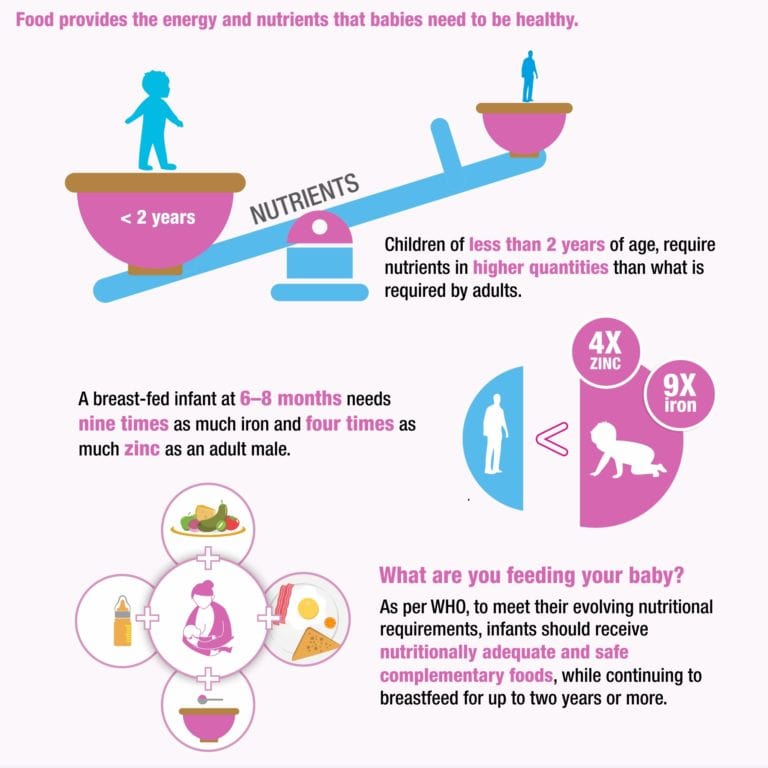 Please remember that this is just a generic chart, and your child’s pediatrician is the best person to assess your child’s individual case. Check out the WHO Standard Height and Weight chart for Babies to know if your baby’s growth is proceeding within the normal range.
Please remember that this is just a generic chart, and your child’s pediatrician is the best person to assess your child’s individual case. Check out the WHO Standard Height and Weight chart for Babies to know if your baby’s growth is proceeding within the normal range.
If your Child is Really Underweight
In some cases, particularly if the child’s weight is below the third percentile, lack of weight gain can be a genuine concern. In such a scenario, the first thing to do is to follow the doctor’s advice. A failure to gain weight can be due to multiple reasons – Congenital Heart Disease, infections, digestive issues like GERD, malabsorption or some kind of food intolerance.
Along with the doctor’s advice, it is important to ensure that a high calorie diet is designed for the child. The reason is that even though calories are burnt during exertion, the extra calories will help in weight gain. When planning a high calorie diet for your child, it is absolutely crucial to ensure that it includes healthy and wholesome foods, rather than heavy foods that are full of empty calories.
Unhealthy high calorie foods may lead to some gain in weight, but at the cost of nutrients. Moreover, when the child is full of unhealthy food, he or she won’t have the appetite for healthy foods. It also creates a dangerous addiction for high sugar or processed foods that can lead to various lifestyle diseases. At the same time, it is also important to include a good amount of protein, so that the extra calories are in the form of muscle mass and are not deposited as fat.
General Tips for Introducing healthy weight gain foods for babies
- Try introducing a new food every week, and follow the 3 Day Rule to watch out for food allergies.
- Continue to breastfeed exclusively till 6 months and for as long as possible after that
- Introduce the foods in the list below only after the baby has started a solid diet, after 6 months
- Don’t stress.
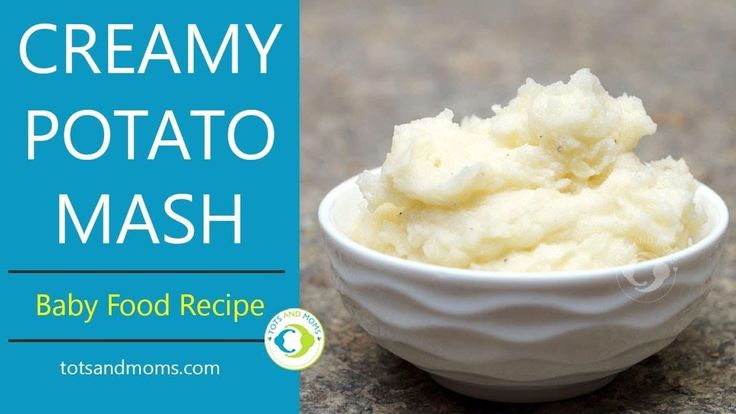 Babies can catch on to this stress and fuss more when feeding
Babies can catch on to this stress and fuss more when feeding - Be patient and don’t expect immediate weight gain.
Here are 20 healthy weight gain foods for babies
1. Breast Milk
Breast milk is the best source of weight gain for babies till one year. Follow the WHO recommendation of breastfeeding your baby exclusively for the first six months and frequently after that. When breastfeeding, make sure you empty one breast completely before moving to the next. This is because the milk the baby gets at the beginning of the feeding is the thinner fore milk, and the fat-rich hind milk comes after that. Food for 6 month baby to gain weight is mostly breastmilk at this stage. But after the completion of 6 months you can start slowly increasing the below foods.
How to increase baby weight with Traditional Indian Baby Foods ?
Your baby is more likely to take to the traditional food of your area, and most of these are excellent for weight gain.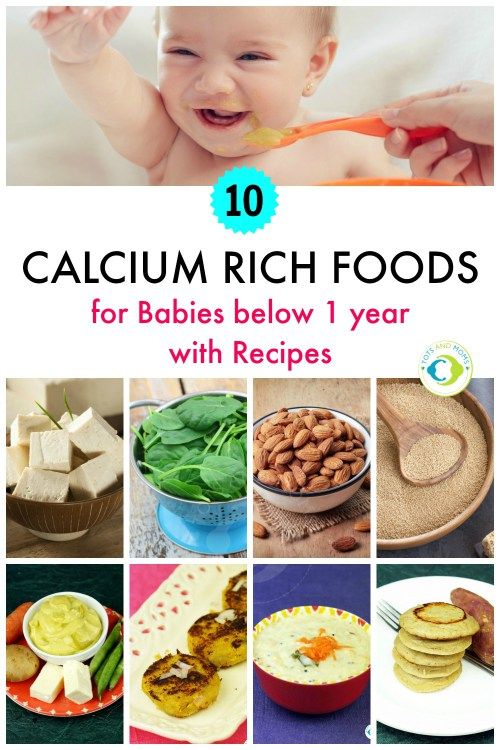 Here are the most popular weight gaining baby foods listed below.
Here are the most popular weight gaining baby foods listed below.
2. Ragi
Ragi or Finger Millet is a traditional baby food that’s quite popular in South India. While being rich in protein and calcium it is also one of the best weight gaining foods for babies. Ragi is also a good source of dietary fiber, protein and Vitamins B1, B2 and B6.
These recipes are easy ways to feed your baby ragi:
- Ragi Porridge
- Apple Ragi Porridge
- Ragi Cake
- Ragi Dosa
- Ragi Idli
- Ragi Ladoo
- Ragi Kheer
- Ragi Roti
- Ragi Cookies
Sprouted Ragi Powder is doubly nutritious, since the sprouting makes the nutrients in ragi more bio-available, which means your baby’s body will be able to absorb them better. If you’re a new Mom and don’t have the time to prepare this powder from scratch, you can order 100% Organic Ragi and have it delivered to your doorstep.
3. Health Mixes
Our grandmothers relied on health mixes they made from home, sprouting, roasting and grinding a variety of wholesome ingredients.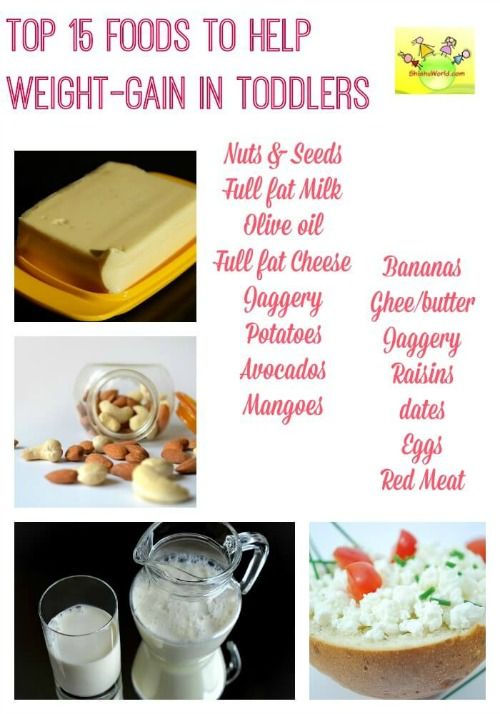 As you can imagine, they were far nutritious to commercial baby food mixes, in both taste and health. They are also more effective in helping baby gain weight. These mixes combine the goodness of cereals, nuts and pulses, and can be modified to make different variations.
As you can imagine, they were far nutritious to commercial baby food mixes, in both taste and health. They are also more effective in helping baby gain weight. These mixes combine the goodness of cereals, nuts and pulses, and can be modified to make different variations.
Sathumaavu Health Mix is an immensely popular health mix powder, made with over ten ingredients and a careful process of roasting each one of them separately before grinding. Click here to get the mix delivered to your home.
Sprouted Health Mix or Sprouted Sathu Maavu Mix is another healthy version where all the ingredients are sprouted and ground to a powder. You can spare yourself the trouble of sprouting and grinding and get homemade Sprouted Sathumaavu Mix delivered to your doorstep
Millet Sathumaavu Mix includes different kinds of millet among its ingredients, making this a great option for weight gain in babies. You can get this the easy way by ordering it here.
No time to buy all these ingredients and make this powder at home? Don’t worry, we prepare it hygienically and ship it to your doorstep
Buy Now
4.
 Kerala Banana
Kerala BananaWhen looking for healthy high calorie foods, you needn’t look much further than Kerala bananas or green plantains. Besides, they are also rich in potassium, calcium and phosphorous and have a good amount of dietary fiber to add bulk and aid digestion. These bananas are also quite versatile, and there are many Kerala banana recipes you can make with them, out of both the raw and ripe versions.
If you are worried about giving babies bananas during cold , then you can try making a raw Kerala Banana powder for your little one. If you have trouble finding the bananas or don’t have the time to spare for preparing it, our Raw Kerala Banana Powder can make life much easier for you.
Check out these Raw Kerala Banana Powder Recipes for your baby:
- Banana Halwa for Babies
- Banana Fritters for Babies and Toddlers
- Coconut Banana Kheer/Payasam for babies
5. Pear
Along with apples, pears can be introduced as one of baby’s first solid foods. Pears have the benefit of aiding weight gain while providing important nutrients like iron, Vitamins B6 and C as well as lots of dietary fiber that also keeps the baby full.
Pears have the benefit of aiding weight gain while providing important nutrients like iron, Vitamins B6 and C as well as lots of dietary fiber that also keeps the baby full.
6. Banana
Bananas are among the most popular first foods for babies for a variety of reasons. They are naturally sweet, can be mashed without any equipment and don’t require cooking. They’re also an excellent travel food for babies and kids. Being an energy dense fruit makes it ideal for helping babies gain weight, and it also provides dietary fiber, potassium, as well as other minerals and vitamins.
The best way to introduce bananas to babies over 6 months is as Banana Puree. Bananas can also be added to other fruit purees like strawberry or kiwi. After 8 months it can be given as pancakes or mixed in porridge, or you can try out one of these banana recipes for babies under one year.
Once your child turns one, you can try out a variety of banana recipes:
- Banana Sathumaavu Muffins
- Banana Omelette
- Ragi Banana Pancakes
- Banana Coconut Oats Porridge
- Banana Oats Pancakes
- Banana Breakfast Bars
- Banana Coconut French Toast
- Banana Oatmeal Cookies
 Avocado
AvocadoWhile avocado isn’t native to India, today it’s quite popular in many Indian homes. Also known as butterfruit or Makhan Phal, avocado is a fruit with numerous health benefits, which is why nutrition experts across the world recommend them. The creamy buttery texture makes it palatable for babies and the healthy fats encourage good growth and development. Avocado can be introduced after 6 months of age as puree, and after 1 year as milkshakes and smoothies.
8. Peas
Peas are among the most nutritious vegetables that can be introduced as baby’s first solid food, after crossing 6 months. It is very high in dietary fiber, thiamine, vitamin C and high in magnesium, niacin, phosphorous and Vitamins A, B6.
Peas can be given as Peas Puree, Peas Khichdi and as Vegetable soup.
9. PotatoPotato makes an excellent first food for babies. It has a soft consistency, is easily mashable and is also the least allergenic food.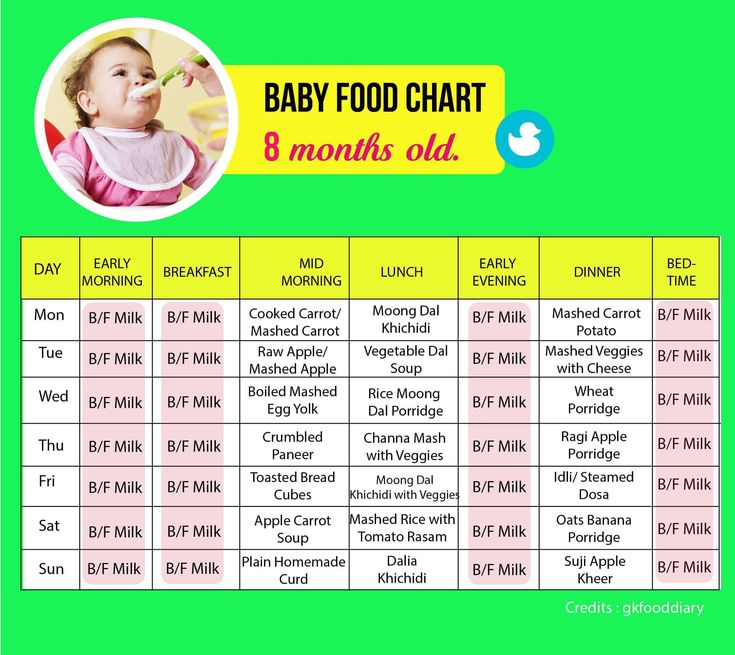 Start with a small quantity as some babies may develop tummy upset due to gas.
Start with a small quantity as some babies may develop tummy upset due to gas.
The potato is rich in minerals, vitamins and also an assortment of phytochemicals such as carotenoids and natural phenols. Potatoes are best known for their carbohydrate content, with a medium sized potato containing about 26 gms.
Potato can be given as puree, in khichdi or in soup.
10. Sweet Potatoes
Sweet Potatoes are an excellent first food for the baby. It can be given from 6 months of age.
Sweet Potatoes are very low in saturated fat, high in dietary fiber, magnesium and potassium, vitamin B6 and very high in Vitamin A and C. They can be given as purees, sweet potato khichdi, pancake and as soups.
11. Dry Fruits
Dry fruits include almond, pistachio, fig, cashew are energy dense and non-fattening.
The dry fruits can be powdered and mixed in almost all the foods, other forms by which it can be given are almond milk, dry fruit snack bar, dry fruit laddu.
You can either make the dry fruits powder at home with this recipe or order homemade dry fruits powder online.
Please note, dry fruits may cause allergy in some babies, follow the 3 Day Rule while introducing any new food.
12. Cow’s Milk (after 1 year)
Milk is one of the healthiest foods for children over one year, with a single cup having a multitude of beneficial nutrients. Please remember that infants under 12 months cannot digest milk. Whole milk is recommended till the child turns two, since the fat is essential for proper physical and mental development. About two servings a day is ideal for kids under four, which is about a cup of milk or yogurt.
Dairy products like cheese, yogurt and others also help in a healthy weight gain, if used judiciously. Here is a look at the most commonly used dairy products in our homes.
13. Ghee
Our Desi Ghee is one of the best foods for weight gain, along with adding several other health benefits. Traditional medicine recommends having a spoon of ghee a day for optimum health. Ghee is 32% MUFAs, or healthy fats that helps promote brain development in kids. It’s also anti inflammatory and good for a strong immune system.
Traditional medicine recommends having a spoon of ghee a day for optimum health. Ghee is 32% MUFAs, or healthy fats that helps promote brain development in kids. It’s also anti inflammatory and good for a strong immune system.
Ghee can be added to all baby food once the baby turns 7 months old. Start with a few drops of ghee at first and slowly increase the quantity, taking it up to a teaspoon per meal. Ghee can sometimes be very heavy for the baby, so please be moderate in its usage. For best results, make your own homemade ghee that is free of preservatives and chemicals. You can also try our ghee rice recipe for babies.
14. Paneer
Paneer is a form of Indian cottage cheese, and is quite popular in Indian households, especially as an alternative to animal protein. All kinds of cheese can help babies gain weight, while also providing important nutrients like phosphorous, calcium and selenium.
Cheeses like paneer can be given to babies after 8 months. It can served simply, as finger food, or mixed with pieces of fruit and vegetables.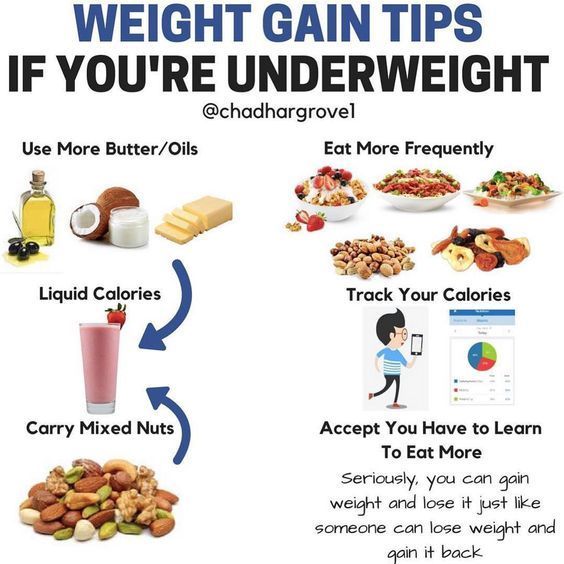 Other paneer recipes babies can try are Paneer Vegetable Puree, Pan fried Paneer Cubes, Fruity Paneer Puree or Flavored Paneer Cubes. For best results, make your own paneer at home.
Other paneer recipes babies can try are Paneer Vegetable Puree, Pan fried Paneer Cubes, Fruity Paneer Puree or Flavored Paneer Cubes. For best results, make your own paneer at home.
15. Healthy Oils
Studies show that babies are more familiar with flavors that the mother consumed during pregnancy, so feeding your baby the same foods helps him digest it better. That’s why it’s recommended to use whatever oils are common in your region, since they are ideal for the weather and your baby’s body constitution. For instance, gingelly oil is popular in Tamil Nadu, coconut oil in Kerala, mustard oil in West Bengal or sunflower oil in Punjab. The oil you commonly use in your household is the best cooking oil for your baby, and should help in weight gain and easy digestion.
We do recommend using cold pressed oils while cooking for your baby and for the entire family too since refined oils are highly processed and stripped off a lot of nutrients. Here are some cold pressed versions of the oils you generally use in your household:
- Cold pressed Virgin Coconut Oil
- Cold pressed Organic Mustard Oil
- Cold Pressed Gingelly/Sesame Oil
- Cold Pressed Organic Sunflower Oil
16.
 Health Drinks
Health Drinks
There are plenty of store bought options when it comes to health drinks; in fact it’s a complete industry in itself. However, nearly all the health drink powders you see on supermarket shelves are laden with added sugar, artificial flavors and loads of preservatives. While these may aid temporary weight gain, they also have several harmful effects on children’s health.
Stay away from these and opt for a health drink powder made with whole grains and lentils and is completely free from harmful additives and preservatives. Not only do these promote healthy weight gain and provide energy for growing children, they also enhance the taste and encourage fussy toddlers to drink milk. Many of these health drinks also have additional health benefits like healing effects during cough and cold, making up for nutrients lot during fussy eating, etc. There are several options you can try:
- Multigrain Health Drink Powder
- Banana Multigrain Drink
- Immunobooster Drink
- Sprouted Ragi Malt Drink
- Dates Smoothie Mix
- Natural Dried Dates Powder
- Masala Milk Magic
- Turmeric Milk Masala
You can also try some easy recipes with these health drinks. Here are some simple recipes with the Multigrain Health Drink Powder:
Here are some simple recipes with the Multigrain Health Drink Powder:
17. Eggs
Eggs can be given after 8 months of age, and are little powerhouses for nutrition. A single egg contains lots of protein, iron, choline, fat and other vitamins and minerals that your child needs for overall growth and development. Since the egg white has a higher chance of causing allergies, it’s best to start with the yolk first, and then introduce the white gradually.
One of the big advantages of eggs is that they are very easy to cook and can be included in a variety of recipes. Eggs are high in proteins and saturated fat. They can be boiled or scrambled, added to batter for toast or pancakes, or just tossed into any other dish. Here are some easy egg recipes for babies:
- Egg Yolk Vegetable Omelette
- Egg Yolk Scramble
- Egg Yolk Quinoa Stir Fry
- Egg Yolk Ragi Pancakes
- Egg Yolk Mash with Orange Juice
- Egg Drop Soup
18.
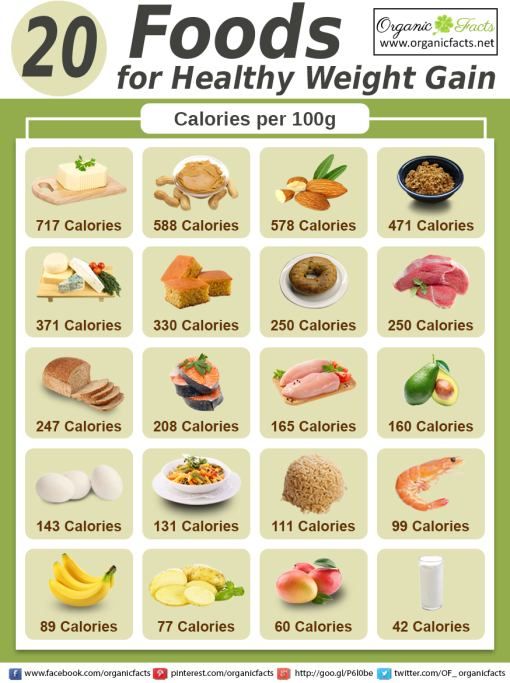 Lean Meats
Lean MeatsChicken is one of the best sources of lean meat for babies, and it has several health benefits besides helping babies reach a healthy weight. The high protein content aids growth and development, and the magnesium, phosphorous Vitamin B6 and B12 help in growing strong teeth and bones and in healthy functioning of the kidneys and nervous system.
Chicken can be given to babies once a week, and it’s best to start with boneless pieces like chicken breast. Chicken pieces can be boiled and fed as chicken puree, chicken stew, chicken soup or chicken rice. You can also make chicken stock and use it in baby’s dishes for extra taste and nourishment. Do check out our list of healthy chicken recipes for toddlers too.
19. Whole Grains
Whole grains are unrefined grains that have their outer layer intact, which means they add bulk to the diet and also help in better digestion and smoother bowel movements. The most commonly used whole grain in our country is likely to be whole wheat flour, or atta. Whole wheat is also available in the form of broken wheat, also called dalia.
Whole wheat is also available in the form of broken wheat, also called dalia.
Babies can start having wheat early, unless there is a known history of celiac disease or gluten intolerance. Whole wheat can be given as Wheat Porridge, Wheat Soya Porridge, Broken Wheat Porridge, Groundnut Wheat Porridge, Green Gram Wheat Porridge, Wheat Dalia Porridge or Wheat Halwa.
If you’re strapped for time but still want to feed your baby a whole grain meal without compromising on nutrition, you can stock up on our whole wheat mixes for babies. It’s the perfect solution for busy mornings, tired evenings or when you aren’t well or need someone else to take over. Here are a few healthy options to try for babies under one:
- Banana Wheat Cereal
- Instant Wheat Dalia Moong Dal Powder
- Instant Wheat Dalia Elaichi Powder
For toddlers, you can check out these healthy wheat noodles and our full range of whole wheat recipes, from pancakes to parathas and snacks to desserts.
20. Oats
Oats has been hailed as a health food the world over, and it’s the top recommended food to treat a number of common ailments. Despite it’s reputation as the ideal food for weight watchers, it is actually perfect for indirectly improving weight gain in babies.
Oats is low in saturated fat and cholesterol and high in manganese, magnesium, thiamine and phosphorus. Oats is the only cereal containing a legume-like protein, and the immense fiber in oats help to add bulk to dishes. Babies can have oats after six months, and it is a food that can be enjoyed throughout life.
Oats is incredibly versatile and can be added to sweet or savory dishes. Here are a few oats recipes for babies under one:
- Oats Porridge
- Oats Kheer
- Apple Oats Porridge
- Oats Pancake
- Oats Khichdi
- Carrot Oats Porridge
- Savory Oats Porridge
Babies over one can have many more recipes with oats in different forms.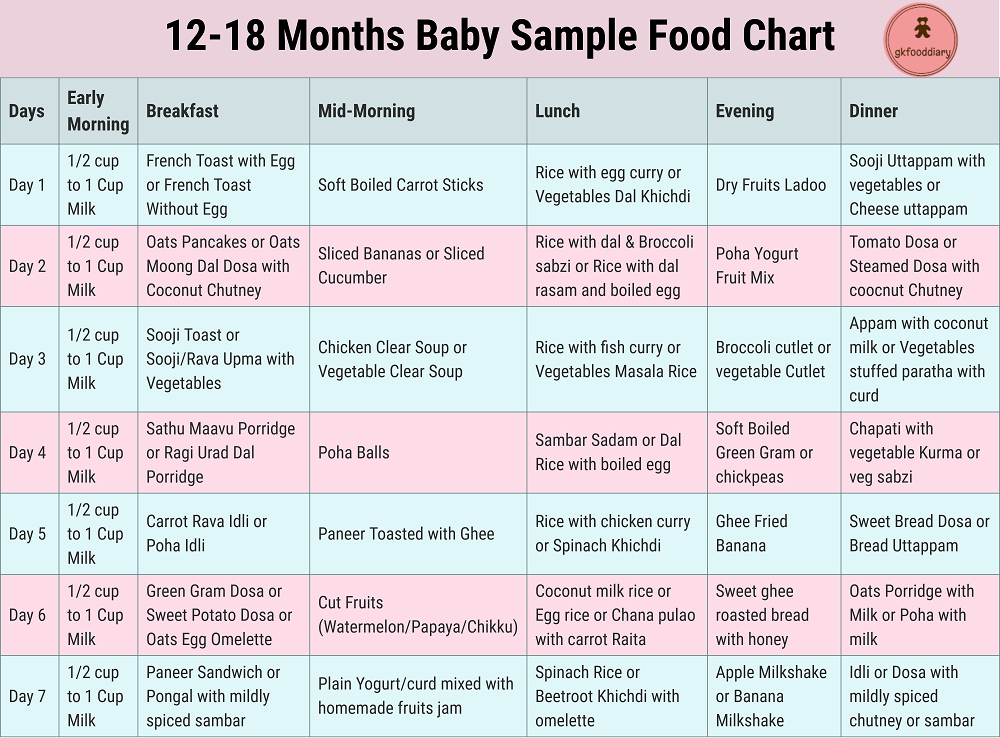 Check out more easy and healthy oats recipes for babies and toddlers for more ideas to include in your little one’s diet.
Check out more easy and healthy oats recipes for babies and toddlers for more ideas to include in your little one’s diet.
To help your baby get the full benefit of oats, make sure to use 100% Organic oats in all your baby’s dishes. You can easily order it here, and get it delivered to your doorstep. Here are a few convenient Oats mixes that your baby can have when you’re too busy or tired to create a full meal from scratch:
- Organic Oatmeal
- Quick Oats Cereal
- Banana Oats Cereal
- Banana Oats Pancake Mix
Wondering whether you should buy a high chair or a booster seat for your baby? Check out our detailed post – High Chair or Booster Seat: Your Ultimate Guide to Buying a Feeding Chair.
A One Stop Solution for Healthy Weight Gain Recipes for Babies
Even if you know what foods you should feed your baby for healthy weight gain, trying to figure out how to include healthy weight gain foods for babies in your baby’s diet can be confusing, especially if your baby is under one and you don’t know if he or she is ready for a certain food. Take away the guesswork and unnecessary ‘googling’, with the help of a one stop solution for all your weight gain woes – the Chubby Cheeks Recipe Book!
Take away the guesswork and unnecessary ‘googling’, with the help of a one stop solution for all your weight gain woes – the Chubby Cheeks Recipe Book!
The Chubby Cheeks Recipe book has been written with Moms like you in mind, who want to feed their baby healthy, nutritious meals, while also including variety and ensuring he or she gets the nutrients needed at that age. All the recipes in this book have proper age recommendations as well as nutritional benefits listed out, so you know exactly what your baby can have. Most of the recipes use only a handful of ingredients, which means you don’t need to slog all day in the kitchen to prepare a single meal!
The Chubby Cheeks Recipe book is an eBook, which means you get it instantly, as soon as you place your order. Order now and you can get 20% percent off the price of the book!
We also have a Chubby Cheeks Combo based on the recipes in the book, including the best of our healthy weight gain products.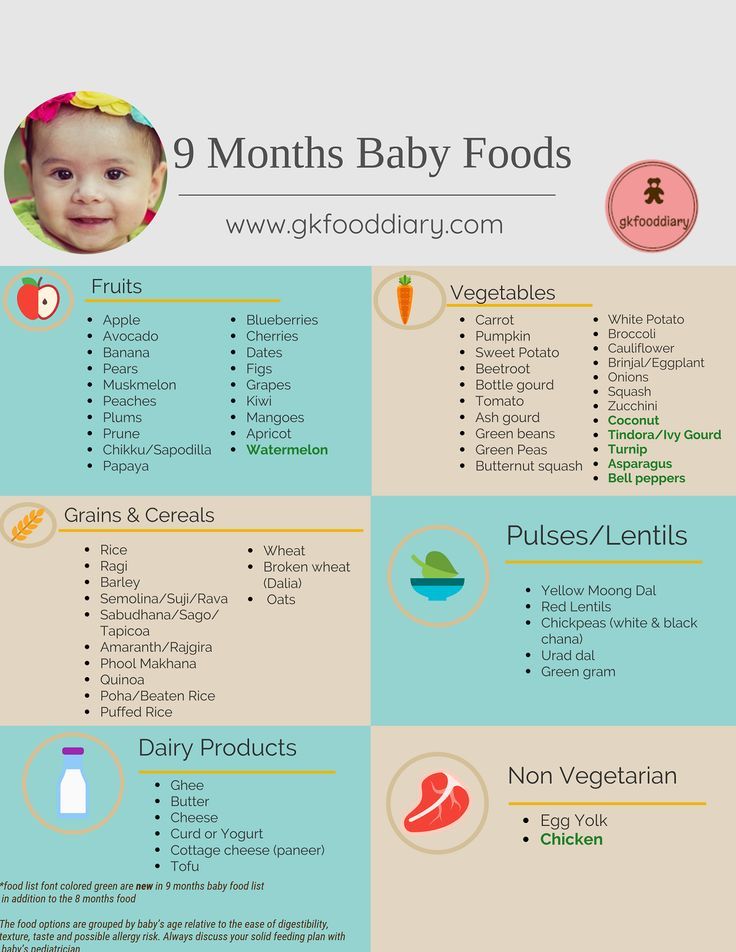
You can also check out a list of healthy weight gain foods for babies, specially created for babies and toddlers according to age. Each and every one of these is carefully made by hand under the strictest hygiene conditions and use only the best quality ingredients. So what you get is 100% natural goodness and zero preservatives or chemicals or any kind whatsoever.
You can download a list of these healthy weight gain foods for babies in a handy pdf format here.
For more healthy recipes for every meal of the day and for every age group, please check out the Recipe Index.
Check out our Quick Energy Boosting Tips for your Baby/Toddler which will help your baby get the extra nutrition she needs. You can download it here.
Common FAQs on Healthy Weight Gain for Babies
Which food is best for baby weight gain?
For babies less than 6 months, Breast milk is the best weight gaining food.
For babies above 6 months, along with breastfeeding , you can introduce these weight gaining foods listed in this article
How can I increase my baby’s weight?
Ensure your baby has a high calorie-dense diet . The reason is that the extra calories will assist in weight gain, even though calories are burnt during playing, being very active et. It is critical to ensure that your baby’s diet includes healthy and nutritious foods rather than foods with empty calories. You can refer to high calorie energy dense healthy weight gain food for babies in this article.
The reason is that the extra calories will assist in weight gain, even though calories are burnt during playing, being very active et. It is critical to ensure that your baby’s diet includes healthy and nutritious foods rather than foods with empty calories. You can refer to high calorie energy dense healthy weight gain food for babies in this article.
What foods help a child gain weight?
Healthy energy dense foods like ragi, banana, eggs, meat, oats etc, more foods are covered in this article
Does PediaSure gain weight?
We do not advice Pediasure for babies and kids as they are loaded with additives, sugar, and many other ingredients that you wouldn’t want in your baby’s food. Reference article
Which syrup is best for weight gain in babies?
Instead of relying on syrups for weight gain in babies, offer your baby high calorie natural healthy weight gain foods listed in this article.
References:
1. http://www.who.int/childgrowth/en/
2. http://www.who.int/childgrowth/standards/en/
http://www.who.int/childgrowth/standards/en/
3. http://www.who.int/childgrowth/standards/weight_for_age/en/
4. http://www.who.int/childgrowth/publications/timetypefreq/en/
5. http://en.wikipedia.org/wiki/Olive_oil#Constituents
What is your greatest concern regarding your baby’s weight gain? Do let us know by commenting below.
✕
Download the Energy Boosting Tips for Kids FREE!!
Worried about your Baby / Toddler not gaining Weight?
Get these tried and tested tips that will help feeding energy boosting foods to your kid for FREE!
First Name
Email Address
We use this field to detect spam bots. If you fill this in, you will be marked as a spammer.
Powered by ConvertKitBuy Healthy Nutritious Baby, Toddler food made by our own Doctor Mom !
Shop now!90,000 how to help them develop? The birth of a small child is not uncommon today. Often, such babies are born on time or a little earlier, but due to a lack of weight, they can significantly lag behind their peers in development. Pediatricians and neuropathologists closely monitor the child's condition, because a child's body weight deficiency is a risk factor for changes in the neurological status, functional disorders of the cardiovascular and autonomic nervous systems. But because of their weakness, underweight children do not eat well, and the rate of weight gain in children born with low body weight determines their further physical and psychomotor development and the formation of the immune system. nine0003
Pediatricians and neuropathologists closely monitor the child's condition, because a child's body weight deficiency is a risk factor for changes in the neurological status, functional disorders of the cardiovascular and autonomic nervous systems. But because of their weakness, underweight children do not eat well, and the rate of weight gain in children born with low body weight determines their further physical and psychomotor development and the formation of the immune system. nine0003
How much should a newborn gain in weight?
To assess the development of your child and the compliance with the norm of the main indicators (height, weight), you can contact a pediatrician or independently - according to existing tables. In the first months, the child is actively growing, adding up to 25-60 grams per day. Small children with adequate nutrition can increase body weight more intensively than their peers. For the first month of life, children should gain up to 1.3-1.7 kg. After 5-6 months of life, the intensity of weight gain decreases somewhat - in 30 days, the increase can be only 400-700 grams. nine0003
nine0003
The length of the child's body during the first month increases by 4-7 cm, and after 5-6 months of life, growth is added less intensively - by 2-3 cm. But parents should understand that these figures are approximate. Each child is individual. Its weight and height depend on many factors: heredity, the quality of the mother's nutrition, the state of health of the newborn, the severity of childbirth.
Why is the child not gaining weight well?
The main cause of underweight in the neonatal period is the baby's refusal to breastfeed. Small children have poor appetite and spend most of the day sleeping. Often, parents have to wake up the child for a long time, and after a few minutes of sucking on the breast or a bottle of formula, the newborn falls asleep again. Children are especially sleepy, in whom pronounced physiological jaundice was observed in the first days of life. nine0003
As a result, after the next weighing, the doctor can tell the mother that the newborn has not gained weight at all or the increase is insignificant. If the situation does not improve for several months, the mother and baby may be hospitalized for a comprehensive examination and tube feeding in a hospital setting.
If the situation does not improve for several months, the mother and baby may be hospitalized for a comprehensive examination and tube feeding in a hospital setting.
Sometimes the cause of low weight gain lies in non-compliance with breastfeeding tactics. Pediatricians recommend applying the baby to only one breast during feeding so that it sucks out the "hind" milk, which is of particular energy value and rich in nutrients. Due to their inexperience, mothers offer both breasts to newborns. In this case, the child sucks the upper milk without making any effort and quickly falls asleep, slightly satisfying his hunger. nine0003
If the baby has had an infectious disease, has been ill for a long time, suffered from a high temperature or an intestinal disorder, then the monthly weight gain may be significantly less than usual. In this case, the timing of the introduction of complementary foods is also shifted, and during the period of illness, in general, many children practically refuse to eat, which is reflected in their weight.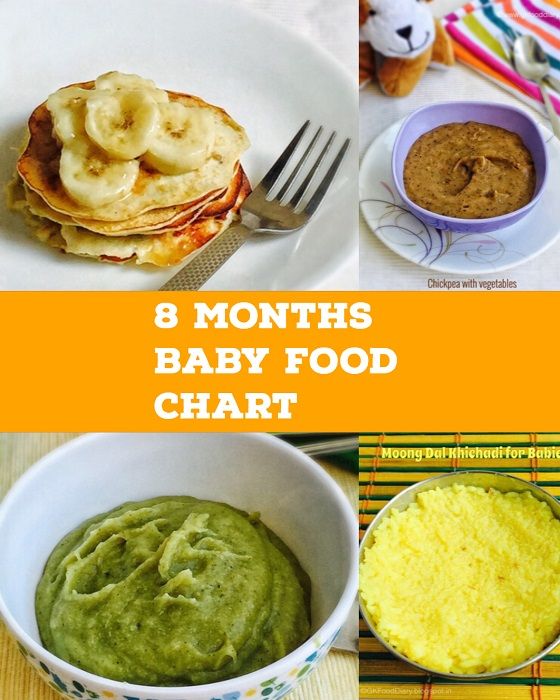 Parents should actively communicate with the pediatrician, if necessary, ask him questions of interest and adhere to all recommendations.
Parents should actively communicate with the pediatrician, if necessary, ask him questions of interest and adhere to all recommendations.
How to help a child gain weight and catch up with his peers in his development?
If you are breastfeeding, pay special attention to your diet. Drink as much liquid as possible: low-fat milk, compotes, hypoallergenic juices. Your diet must include boiled or baked meat. Take extra vitamins (as advised by the doctor). Breastfeed your baby immediately after waking up, when he is active, in a good mood and does not want to sleep. nine0003
But sometimes women's milk is produced in insufficient quantities or the baby does not have enough strength to suck it out. In this case, it is necessary to start supplementing with special infant formula as soon as possible. For children prone to allergic reactions, special hypoallergenic products are intended, which can be bought at a pharmacy, having previously discussed the mixture option with a pediatric nutritionist or pediatrician.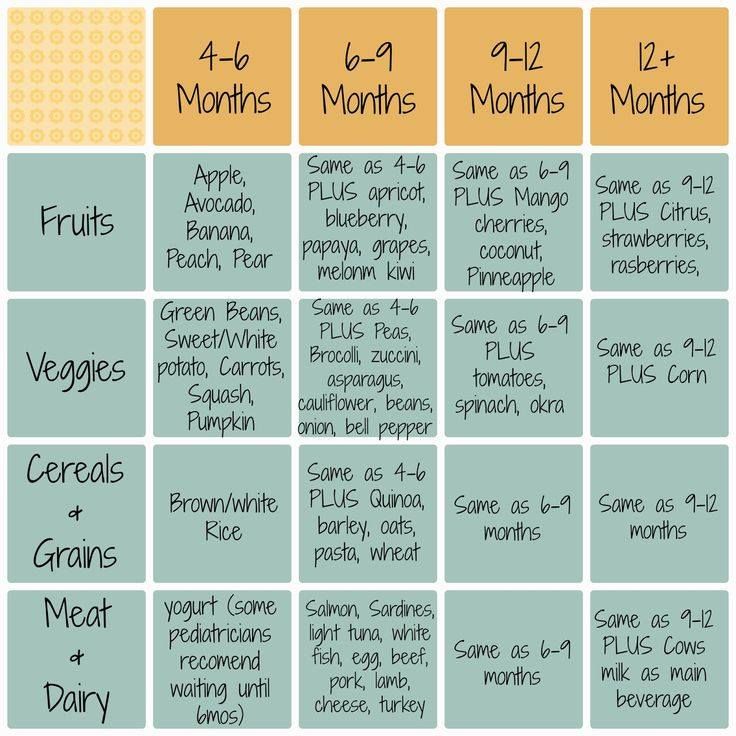 Small babies are not adapted to intensive sucking, so the nipple on the bottle must be soft and pliable so that the child can fill up without problems. nine0003
Small babies are not adapted to intensive sucking, so the nipple on the bottle must be soft and pliable so that the child can fill up without problems. nine0003
In addition, in order to increase the rate of weight gain and, accordingly, for the proper growth and development of the child, it is recommended to give courses of preparations containing L-carnitine (levorcarnitine), an essential vitamin-like substance that has anabolic properties and has proven itself to normalize body weight in case of its deficiency. In addition, by increasing the secretory and enzymatic activity of gastric and intestinal juices, appetite and digestion improve. One of these drugs is Elkar, containing an aqueous solution of L-carnitine. Elkar is included in the "National program for optimizing the feeding of children in the first year of life" as a means of correcting malnutrition of the II degree. nine0003
In children, in contrast to the adult body, where levocarnitine is among the substances produced, the synthesis of this compound covers only 1% of the required amount. Of course, the required amount of L-carnitine is found in breast milk, but if natural feeding is impaired or impossible, the drug must be added to the diet.
Of course, the required amount of L-carnitine is found in breast milk, but if natural feeding is impaired or impossible, the drug must be added to the diet.
In underweight children, psychomotor development is often retarded, which can subsequently manifest itself in the form of speech defects, instability of the nervous system. Elcar improves the energy supply of brain activity, which will help to avoid or reduce the degree of development of functional failure in various areas of the child's neuropsychic response (motor, emotional-motivational, vegetative, cognitive spheres). nine0003
Another very important point: levocarnitine improves immunity, which is vital for small children, since almost all of them are predisposed to the development of infectious diseases.
The rate of weight gain is influenced by many external and internal factors. The task of parents is to help the crumbs get stronger as soon as possible. Walk more with your child in the fresh air so that his body receives the necessary amount of oxygen. And don't forget to visit your pediatrician. Small children need professional medical supervision and the attention of loved ones. nine0003
And don't forget to visit your pediatrician. Small children need professional medical supervision and the attention of loved ones. nine0003
Weight Gain Infant Formula: Helping Small Babies
09/23/2019 Reading time: 5 min 157196
nine0047 Contents of article- Why stable weight gain is important
- Causes of underweight
- Determination of the norm of weight
- How to determine the lack of weight
- What to do if you are underweight
- Weight gain infant formula
- How to choose the right blend
- How long can I feed my baby with PRE-formula
- Which blend does Nutrilak offer? nine0068
- Genetic failures and pathologies.
 This category includes chromosomal abnormalities, constitutional abnormalities (for example, diathesis), fermentopathy (malabsorption syndrome, lactase deficiency, etc.), immunodeficiency, etc. All of these factors are endogenous and almost all are congenital. Also, children born with heart defects, deformation of the lips or jaw (cleft lip, cleft palate) can also have a weight deficit, as a result of which the child cannot fully suckle and, accordingly, eat. nine0051
This category includes chromosomal abnormalities, constitutional abnormalities (for example, diathesis), fermentopathy (malabsorption syndrome, lactase deficiency, etc.), immunodeficiency, etc. All of these factors are endogenous and almost all are congenital. Also, children born with heart defects, deformation of the lips or jaw (cleft lip, cleft palate) can also have a weight deficit, as a result of which the child cannot fully suckle and, accordingly, eat. nine0051 - Inadequate nutrition. It can be caused by constant underfeeding of the baby due to flat or inverted nipples on the mother's breast, which makes sucking difficult, as well as a small amount of milk, frequent regurgitation.
- Wrong mode. Long breaks between feedings can cause insufficient weight gain. Normally, a newborn baby is recommended to be fed every 2-3 hours if he is breastfed, and every 3 hours if he is formula fed. nine0051
- Digestive problems. Intestinal infections, dysbacteriosis, acute respiratory viral infections, and a number of other diseases can lead to disturbances in the functioning of the organs of the gastrointestinal tract.
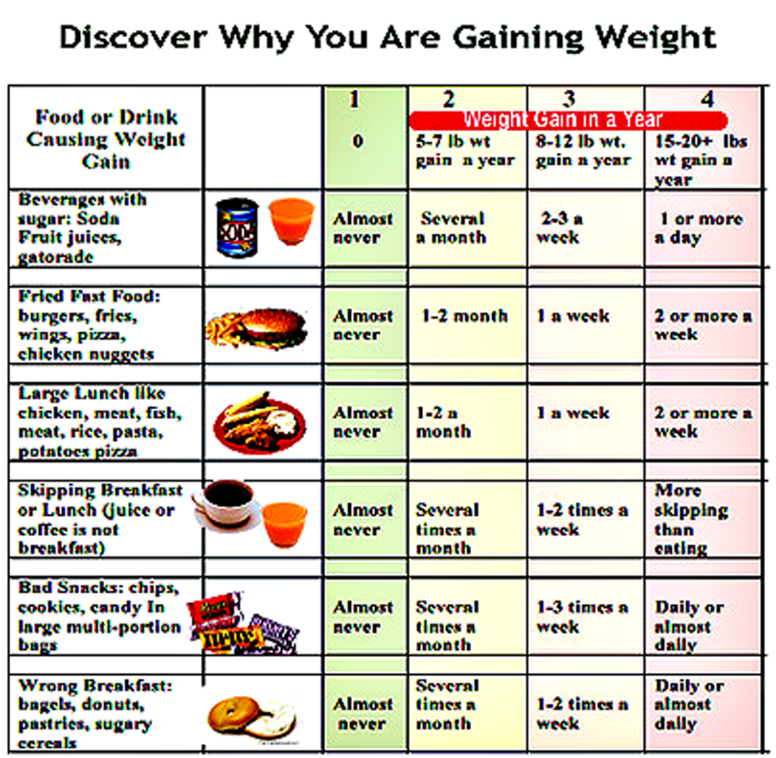 If the food is not digested completely, it is poorly absorbed, then the child's body ceases to receive vitamins and microelements necessary for normal life.
If the food is not digested completely, it is poorly absorbed, then the child's body ceases to receive vitamins and microelements necessary for normal life.
Lack of body weight appears due to various reasons, it can be congenital or acquired.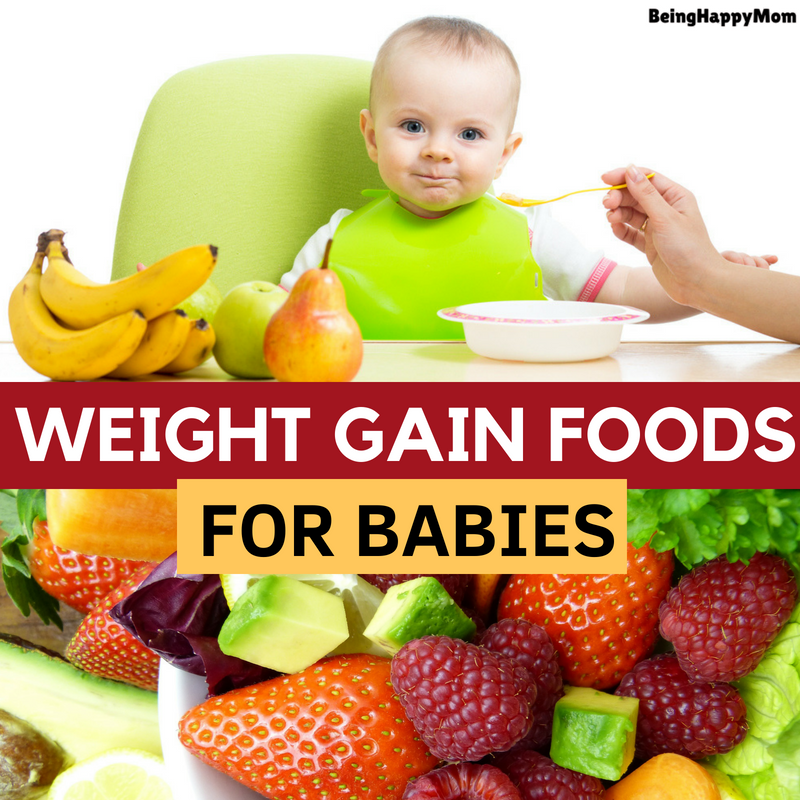 In order for the baby to gain the desired weight, it is necessary to adjust both the feeding regimen and the diet.
In order for the baby to gain the desired weight, it is necessary to adjust both the feeding regimen and the diet.
Why stable weight gain is important
Indicators of the length and body weight of the child at birth and in the future are one of the main parameters by which the state of health of the baby is assessed. WHO has established certain norms (averages) for monthly weight gain based on many factors and studies. Stable weight gain indicates normal growth and development of the baby, the correct formation of the digestive system, the timely production of enzymes in the intestines, good metabolism and absorption of food. A child is usually said to be underweight when their weight deviates by more than 10% compared to the age norm*. The disorder may be accompanied by a decrease in immunity, serious disturbances in metabolic processes, and a lag in speech and psychomotor development. nine0070
Causes of underweight
Determination of the norm of weight
Children are individual. This applies not only to appearance and character traits, but also to weight. Some babies are born large, and someone's body weight will be below average. All this is considered normal. nine0070
This is important!
The weight of a healthy full-term baby is usually in the range of 2.6 to 4 kilograms, but deviations from these values are allowed. Monthly weight gain is also labile and depends on many factors. Pediatricians and parents are guided by the average values of body weight gain.
Dr. Komarovsky recommends calculating the increase according to the following formulas:
It is important to note that a small increase in body weight that does not correspond to average norms or its absence at all is not a reason to immediately talk about pathological changes in the baby's body. For the most part, children grow in leaps and bounds and can gain a decent weight in one month, and in the next two add almost only in height. Also, a small increase may be due to the increased activity of the baby. If he learns to crawl or walk, moves a lot and expends energy, then the lack of mass becomes quite understandable. Thus, if the child is active, inquisitive, mobile, develops in accordance with age and has excellent tests, you should not worry**. But lethargy, apathy, pallor against the background of underweight - a reason for an immediate appeal to a specialist. Only he can make an accurate diagnosis. nine0070
For the most part, children grow in leaps and bounds and can gain a decent weight in one month, and in the next two add almost only in height. Also, a small increase may be due to the increased activity of the baby. If he learns to crawl or walk, moves a lot and expends energy, then the lack of mass becomes quite understandable. Thus, if the child is active, inquisitive, mobile, develops in accordance with age and has excellent tests, you should not worry**. But lethargy, apathy, pallor against the background of underweight - a reason for an immediate appeal to a specialist. Only he can make an accurate diagnosis. nine0070
What to do if you are underweight
Many parents today have special scales at home for weighing babies. Thanks to them, they can control the weight of the child. If for a long time the body weight of the crumbs does not change, you should contact a competent specialist, but in no case should you make diagnoses yourself. The doctor will conduct a professional examination, issue directions for the necessary examinations (if necessary) and give recommendations.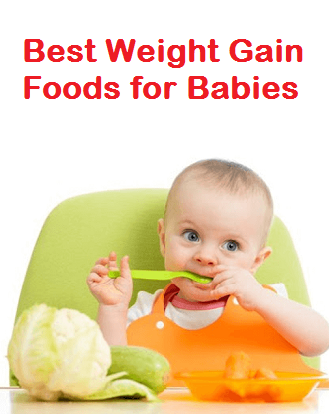 If the weight loss is minimal, it is usually necessary to adjust the diet and diet. In cases where a small increase is due to some disease (rotavirus infection, etc.), the doctor prescribes the appropriate treatment to eliminate the cause of underweight. nine0070
If the weight loss is minimal, it is usually necessary to adjust the diet and diet. In cases where a small increase is due to some disease (rotavirus infection, etc.), the doctor prescribes the appropriate treatment to eliminate the cause of underweight. nine0070
Weight Gain Infant Formula
For small children who have problems with weight gain, special infant formulas may be recommended. Their composition takes into account the need of such babies for vitamins, minerals and other nutrients. They contain more proteins, fats and carbohydrates. The quality of the protein component is of great importance, and easily digestible whey proteins prevail over the casein fraction in them. To facilitate the absorption of the fat component, the diet includes medium chain triglycerides (MCT), which can be absorbed into the intestine without the participation of enzymes. And for the absorption of carbohydrates, part of the lactose can be replaced by maltodextrin. Weight gain formulas have the word or prefix "PRE" in the product name. nine0003
How to choose the right mix
This is important!
The decision to prescribe a specialized diet for an underweight baby should be made by a specialist. If a doctor recommends a PRE-mixture to a child, then attention should be paid to the fact that it additionally contains such useful components as omega-3 and omega-6 fatty acids for the development of the central nervous system, nucleotides for the formation and strengthening of immunity, prebiotics for improving digestion. nine0070
How long can I feed my baby with PRE-formula
Specialized nutrition can be used both in full and in partial (as supplementary feeding) volume. Formulas can be given from birth through the first year of life if needed. The duration of such nutrition depends on the deficit in body weight and the subsequent dynamics of weight gain. Once the baby's weight is normal, the PRE formula can be replaced with a standard formula suitable for the baby's age. nine0070
Which blend does Nutrilak
offer? Nutrilak Premium PRE is a specialty formula for small and premature babies that has been clinically proven effective for underweight babies.

